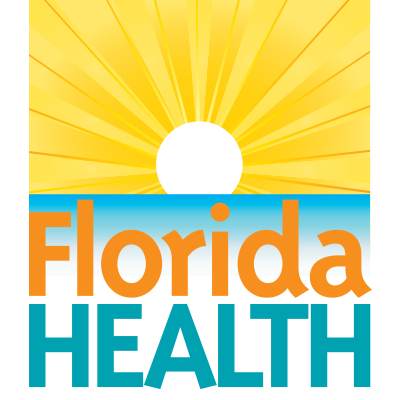Bill in Atlanta
Well-Known Member
If one of the political parties attached themselves to this idea for nefarious reasons, that's on them. What I have said about protecting the high risk is a common sense approach that we use daily in almost every other area of life.In reference to your post about protecting the high risk as the solution, that’s not a plan, that’s a politically slanted talking point pushed by the “open everything now“ crowd.
In order for that plan to work you would have to isolate all of the high risk individuals and then have the government pay them to not work or leave their homes. For high risk individuals who live in multi-generational homes or in homes with children or spouses who are not high risk it would mean creating some form of housing to send those people to. In a simple example a father of 3 is high risk for medical reasons so has to be isolated. He would need to either require his wife and 3 kids to also isolate (no work for the wife, no school for the kids) and lock their home down or he would have to go live in a temporary location established for isolating the high risk like a hotel or a dorm.
The next problem is how do you replace those workers in the very economy you want to protect? There are over 10M active workers in the 65+ demographic in addition to well over 100M Americans 64 and under with medical conditions that put them at high risk for Covid. If Even half those workers could be shifted to remote work that still leaves a massive 50M+ workers who cannot work due to required isolation. That’s way more of an impact to the economy than the jobs furloughed and lost due to Covid restrictions. All of those people would need to be made whole by the government so trillions more in cost than what was spent. That also doesn’t factor in the emotional impact of telling millions of Americans they need to isolate themselves for a year+ and potentially either not see their spouses and kids or subject them to the same isolation.
The other issue is the isolate the high risk plan also doesn’t guarantee the economy isn’t still in ruins. The punch line of the theory is while the elderly are locked away the rest of the country goes about business as usual. That’s not likely to have happened. Take FL as a good example. Since Sept there have been no statewide restrictions on businesses yet restaurants, bars, theme parks and hotels are all suffering greatly. Removing government restrictions isn’t a magic pill to return the economy to normal. Lots of people are just not going to fully participate in the economy while cases surge.
What would be an interesting study would be how well did businesses due when cases were low vs when they spiked. I would assume there’s some uptick in business in a lower case environment. In other words if we all did our part (including the government) and we followed through on testing and tracing and kept cases more controlled would the economy have done better? In places like Australia and New Zealand that certainly seems to be the case. Even parts of Europe that had a lull in cases this past summer had a better economic boom than what we experienced here. In other words the biggest negative to the economy wasn’t businesses that were closed by the government it was a lack of control of Covid cases.
Don't misunderstand - I have never said any solution would be a cure-all. The moment the first covid-19 particle infected the first person in Wuhan China, there was going to be great suffering and death. Some from the virus, some from the reaction to the virus. Some still from the long term ripple effect of both.
We were basically put into the driver's seat going 65 mph headed for an embankment. We had to swerve one direction or the other; either way there was going to be damage.
You and I have had some good discussions here. But let me ask you this. If someone came to you and said "We should make the lockdowns permanent; it would save more lives", how would you respond? And what reasons would you give?




